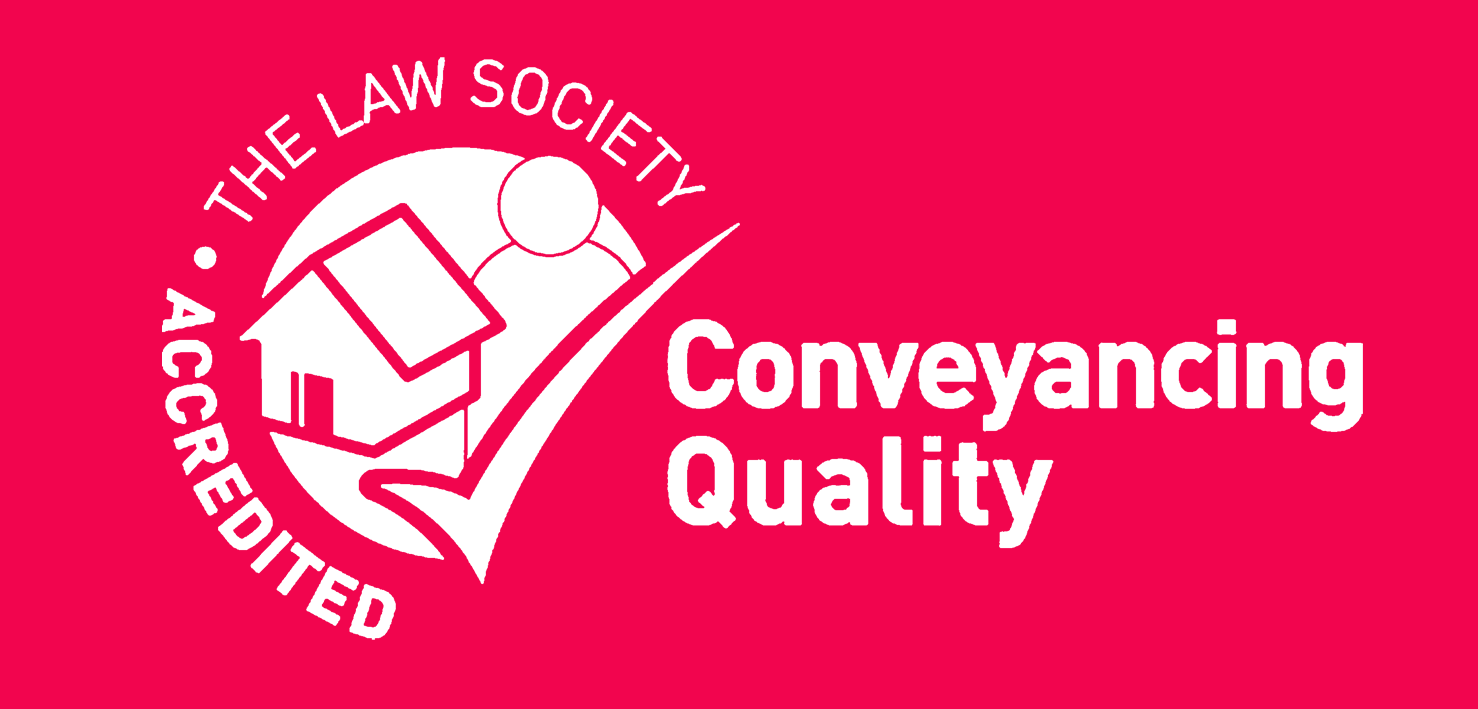Constructive Dismissal occurs when an employee ends their employment, as a result of their employer’s conduct towards them. Although the employee has resigned the effects are the same as if they were dismissed and they may therefore be able to bring a claim.
Constructive dismissal is when an employee resigns because of their employer’s serious breach of the employment contract. Although you resign, the law treats this as a dismissal because your employer’s conduct effectively forced you to leave.
So, what are some examples of actions which may give rise to a claim for Constructive Dismissal?
- A reduction of pay without the employee’s consent.
- Change to hours of work without authority to do so.
- Demotion for no justifiable reason.
- Other fundamental changes to the nature of the employee’s job.
- Bullying, harassment or violence by the employer or work colleagues.
- Making the employee work in dangerous conditions.
What issues should be considered before making a claim?
- The employer may be able to prove that their action was justified or reasonable. For example, the employee may have breached the terms of their contract of employment.
- As the employee, you may have to indicate why the usual grievance procedures were not followed.
- To pursue a claim for Constructive Dismissal an employee must usually leave their employment within a reasonable time of the actions complained of.
- The employee will usually need to have 2 years continuous service to be able to bring a claim for constructive dismissal, because it is an unfair dismissal claim. However, if the resignation was due to discrimination, or one of the automatically unfair reasons under the Employment Rights Act, they may be able to bring a claim without needing that minimum period of service.
- The employee should give some considerable thought before resigning. Advice should ideally be sought.
- The employer’s breach must be of more than a minor nature.
- The employer’s breach of contract may be one serious incident or the last in a series of less important incidents that are serious when taken together.
What should I do if I think I’m being constructively dismissed?
If you believe your employer has fundamentally breached your contract:
- Lodge a formal grievance – This is a crucial step. Failing to raise a grievance before resigning can reduce any compensation awarded by up to 25%.
- Document everything – Keep detailed records of all incidents with dates, times and witnesses.
- Don’t delay your decision – Taking too long to resign after a breach might be seen as accepting the situation.
- Be clear in your resignation – Your resignation letter should clearly state that you’re resigning due to your employer’s conduct.
- Seek legal advice – Before making any decisions, speak to an employment law specialist.
Can I negotiate an exit instead of claiming?
Often, a negotiated exit can be a better option than tribunal proceedings. This typically involves agreeing a financial settlement in exchange for waiving your right to bring claims.
A well-negotiated settlement may include:
- Financial compensation
- An agreed reference
- Non-derogatory clauses to protect your reputation
- Payment in lieu of notice
Getting help with your specific situation
If you’re experiencing what might be constructive dismissal – such as sudden changes to your hours, workplace bullying, or unexpected demotion – don’t wait until the situation becomes unbearable.
Our expert employment solicitors understand these aren’t just legal issues but threats to your career and wellbeing.
For more information or advice please click here to contact our Employment Law team, who can provide both employers and employees with expert, practical advice.
The above information is not intended to be a complete or definitive statement of the law.





